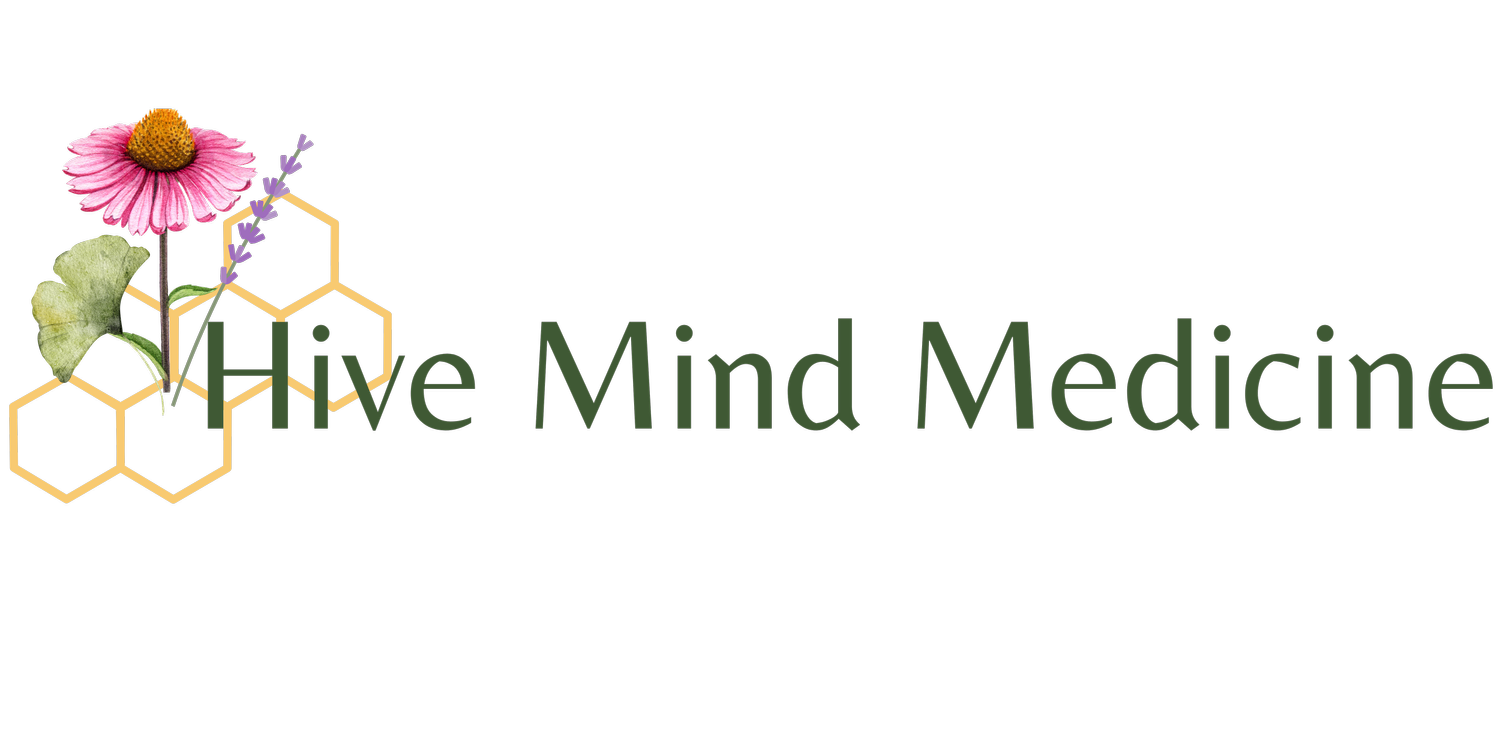An Alarm System in Your Brain: Triggering Anxiety through Self-Talk and Perfectionism (Part 6)
KAYLE SANDBERG-LEWIS BCN-FELLOW, M.A., LMT
This is the sixt and final post of the series, from Kayle Sandberg-Lewis, on how our brains have evolved to deal with threats, both real and perceived and how we may feel safer, sleep better, and digest our food more easily.
We’ve spent the past few months discussing the brainstem, how it functions as an alarm system in the brain and how it can contribute to anxiety. My goal has been to help you understand how much influence you have over the brainstem - you do not need to be a victim of your anxiety. Instead, you can change your behaviors to convince your brainstem the world is a safe place.
To review: The brainstem is reading the “meters” in your system - evaluating whether you are safe and setting off alarms when it perceives danger, even if there is no real threat. The “meters” we have focused on have to do with life sustaining issues such as hydration and respiration - issues you can affect by changing your behavior. We also talked about mindfully chewing your food in order to send the message to your brainstem that you are safe.
But what happens when you forget and revert to old behaviors? Maybe you catch yourself breathing shallowly, bolting your food and/or not drinking the water you know you need. How do you respond when you notice?
In the second installment in this series, we talked about shuddering or otherwise physically working out the pent up tension. What we have not yet addressed is our emotional response. What do you say to yourself when you notice your lapse? Is it some version of, “I’ll never get this right”? Or “I’m so stupid”? Or “I’ll never be healthy if I can’t do this.”?
To truly practice self-care, you have to treat yourself with loving kindness. Depending on your upbringing, this may be the hardest shift of all. We often absorb messages from our childhood about performance and our capacity to do the “right” thing. We may have set unattainable standards for ourselves and may spend time berating ourselves for not meeting criteria.
Perhaps you are a perfectionist.
I am not a diagnostician but I AM a recovering perfectionist, and I have come to believe perfectionism is at the root of most stress related disorders. Many of my clients try to argue with me about this. Their position, invariably, is that a deep desire to do things “right” cannot possibly be bad. Perfectionism, however, is never that simple and altruistic. I think of it as a mis-guided religion, a belief that things can be perfect and that if we can attain that, we can, at least for a moment, justify our existence.
Perfectionism, at its core, is a need for control. Granted, a desire to control variables and having an eye for details is a good thing when it comes to flying a plane or performing brain surgery, but those same “skills” aren’t well transferred to parenting, maintaining friendships or nurturing your own well being.
There is a language of perfectionism – it’s full of imperatives: “Must” “Should!” “Always!” “NEVER!” These words are emotionally loaded and can trigger your brainstem to set off the alarms we’re trying to avoid.
While the brainstem doesn’t have language skills to express itself and cannot be taken to therapy, it does listen to the emotional tone of self-talk. So when you berate yourself for “failing”, the brainstem is eavesdropping and sensing that YOU think you have blundered - which it interprets as dangerous and a threat to your survival. [Remember, the brainstem is still living in the world of predators where mistakes are fatal.]
As I said, this is a topic I know all too intimately and I am aware that cheery self talk is unlikely to feel appropriate, let alone help. “You’re the greatest!” is not going to work in dissuading a perfectionist. What I have found to be helpful is a more neutral response. Notice you are holding your breath or breathing shallowly? Try saying, “Thanks for the reminder,” and then practice your slow breathing with even slower exhalations. Realize you’ve gulped your food? “Thanks for the reminder,” and slow your chewing so the next bite is liquid before you swallow it. I believe “Thanks for the reminder” works because it takes the pressure off. It gives us another chance to do what needs to be done. The more frequently we lovingly correct our course, the more likely it will become a new default behavior. A new habit.
We are in the business of repair. With practice and loving kindness toward yourself, you can do this.
______________________________________________________________________
Kayle Sandberg-Lewis holds a M.A. in Behavioral Medicine, the study of how what we do affects our well-being. She has over three decades experience in stress management and is board certified in neurofeedback, which she introduced to her practice in 1996. Kayle co-founded Hive Mind Medicine in 2019, where she currently offers neurofeedback to her clients. Telehealth consults are available.
Hive Mind Medicine blog posts are for educational purposes only and are not intended as medical advice. Please consult with your health care practitioner for personalized guidance. Click on the contact button below if you would like to schedule with one of our Hive Mind practitioners.

